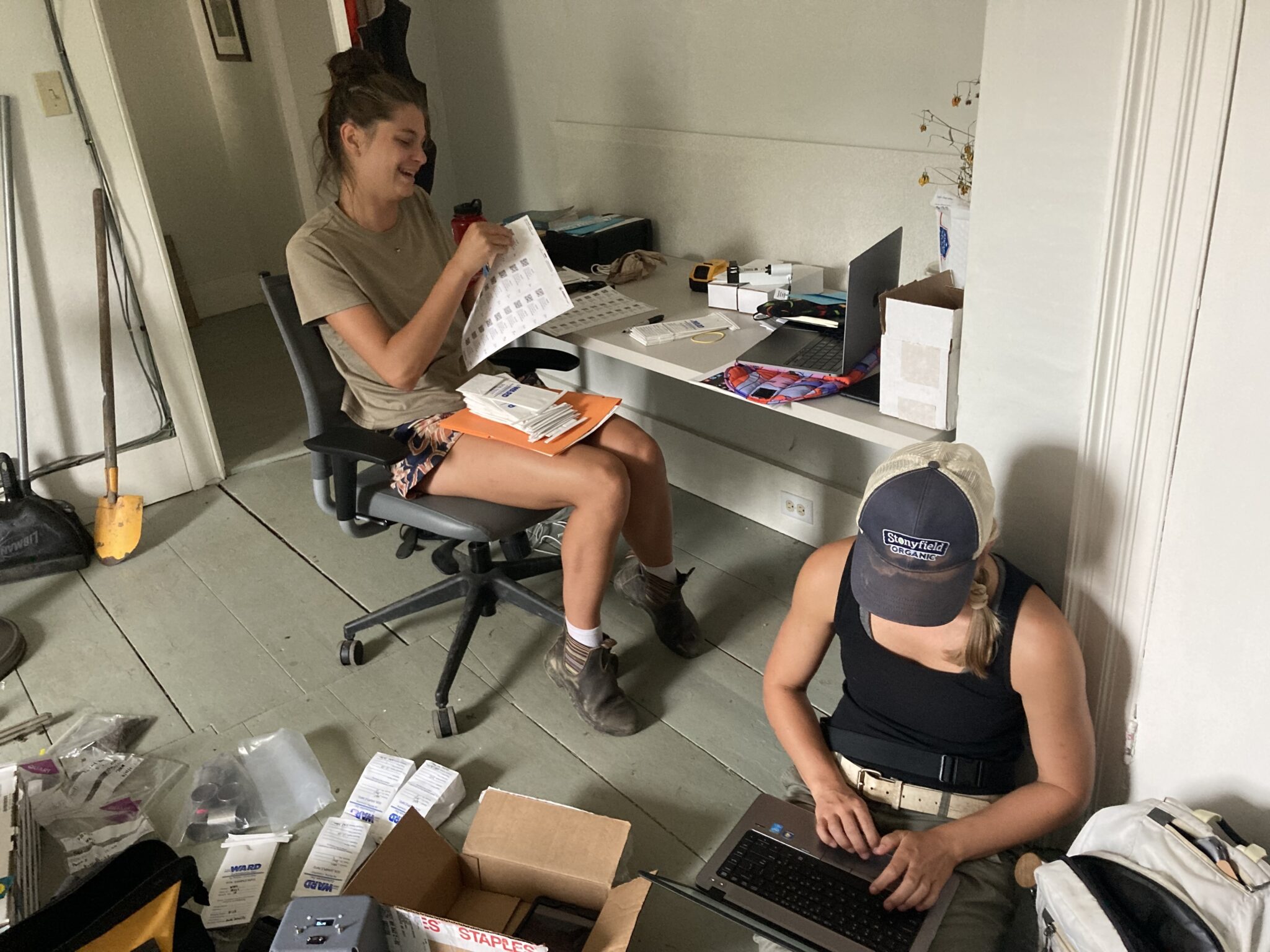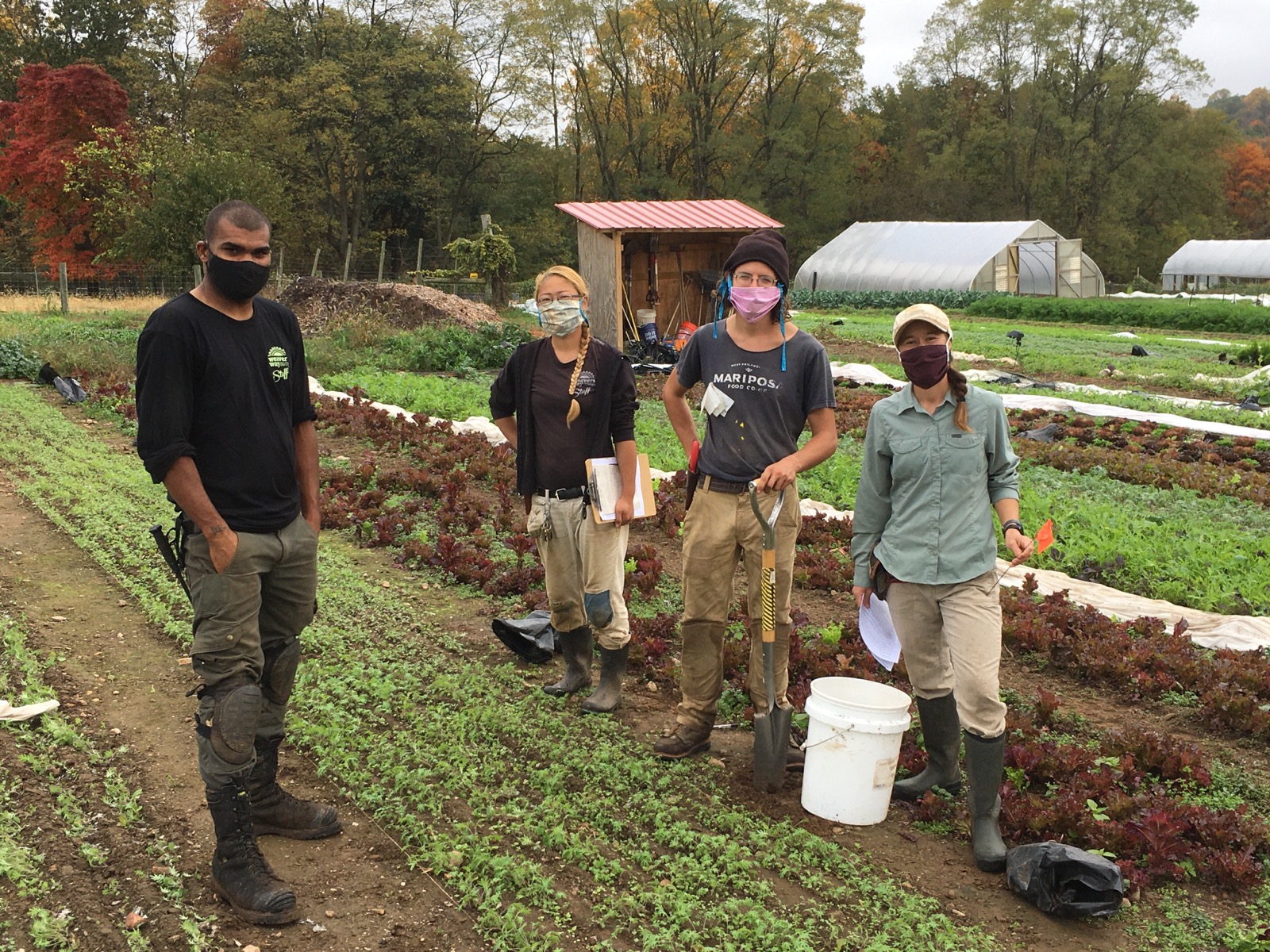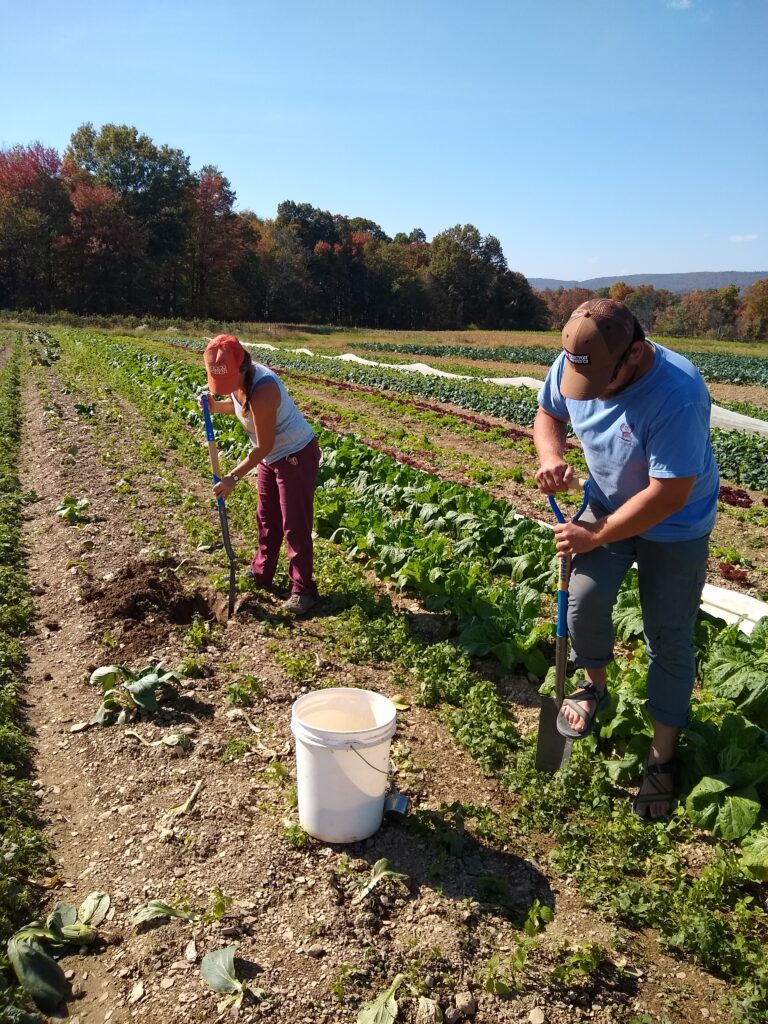Digital Green is increasing their potential for impact at scale in digital tools within agriculture through FarmStack, an open source protocol that is powering the secure transfer of data for farmers.
Digital Green is primarily known for working with government agencies in India and Ethiopia to produce farmer-to-farmer extension videos for smallholder farmers. Working with over 50,000 extension agents, farmers demonstrate the different agricultural methods they use and how to apply them through this visual storytelling. The videos, available in over 20 different languages, have proven to be highly effective by reaching over 2.3 million smallholder farmers—73% of which are women.
As Digital Green began working with different partners, they found that a majority of data collected was not digitized or kept in an information management system. Partner organizations and the farmers they served were not getting the most out of their data.
But, with each video created and shared, more and more data was collected.
“Agriculture just generates tons of different data at the farm level, the soil level, even markets, transactions, and inputs,” says Andrew Hicks, a Senior Program Manager who supports the FarmStack rollout for Digital Green globally.
“There are huge upsides to utilizing data to better tailor agricultural products and services. There’s tons of data that’s held in all these different places,” says Hicks, “And there’s huge potential if we’re able to bring that together to better inform solutions going forward. We have these digital tools and technologies that are rapidly developing that can really unlock additional value for producers from their own data.”
In order for Digital Green, its partner organizations, and the smallholder farmers they work with to use this data to their advantage, they needed to address the barriers preventing different agricultural ecosystem actors from sharing their data. With FarmStack, an open-source protocol that enables the secure transfer of data between two systems, Digital Green is enabling actors such as farmers, researchers, and organizations to look at their data differently and have the tools necessary to share that data while still being able to control it.
Farmers data can often be held in very fragmented services and platforms which exacerbate natural fragmentation, trust and compliance issues. Data might be locked in large silos where corporations maintain access, keeping smallholder farmers from controlling who does what with their data. Through an agriculture data sharing ecosystem, as is imagined with the Ag Data Wallet concept from OpenTEAM, protocols are required to set norms for how information is shared and enable data producers to define how their data will be used.
Applying open-source development to this protocol allows others to use this coded protocol as a platform to build their own applications on top of. Through this, Digital Green is able to catalyze a movement of sharing data across agriculture and food systems that no longer bars smallholder farmers, non-profits, or other organizations from being able to share and access data securely.
Although farmers may not use FarmStack directly, it still carries direct benefits. For example, say there is an advisory organization that wants to share advice and feedback directly with farmers on their own farming and livestock management systems via an interactive voice response calling system. They want to target who receives what advice via phone, sharing specific messages to certain farmers depending on what they do, whether they farm grains or raise livestock. But, that organization may not have all the information needed to link the correct phone number with the right farmer to ensure they receive the information pertinent to them. There are other organizations that may have that information stored somewhere already. This is where FarmStack can help.
“Through a FarmStack connector, you can then match the farmer’s data with the correct advisory data, deliver that aggregated dataset with a usage policy, and send it securely,” says Hicks. Through this, the advisory organization is able to get out the right answers to the right farmers, providing them with the most accurate and up to date information while maintaining farmers’ control through data security policies and protocols.
Through FarmStack, Digital Green is giving back farmers control of their own data, allowing them to use it as both a resource and a tool to learn from and discover other services. Through OpenTEAM, Digital Green will continue to share and expand this work to other organizations and community projects, such as the Ag Data Wallet, to ensure that farmers of all regions, sizes, and production systems can unlock the wide array of opportunities when their data is fully utilized





